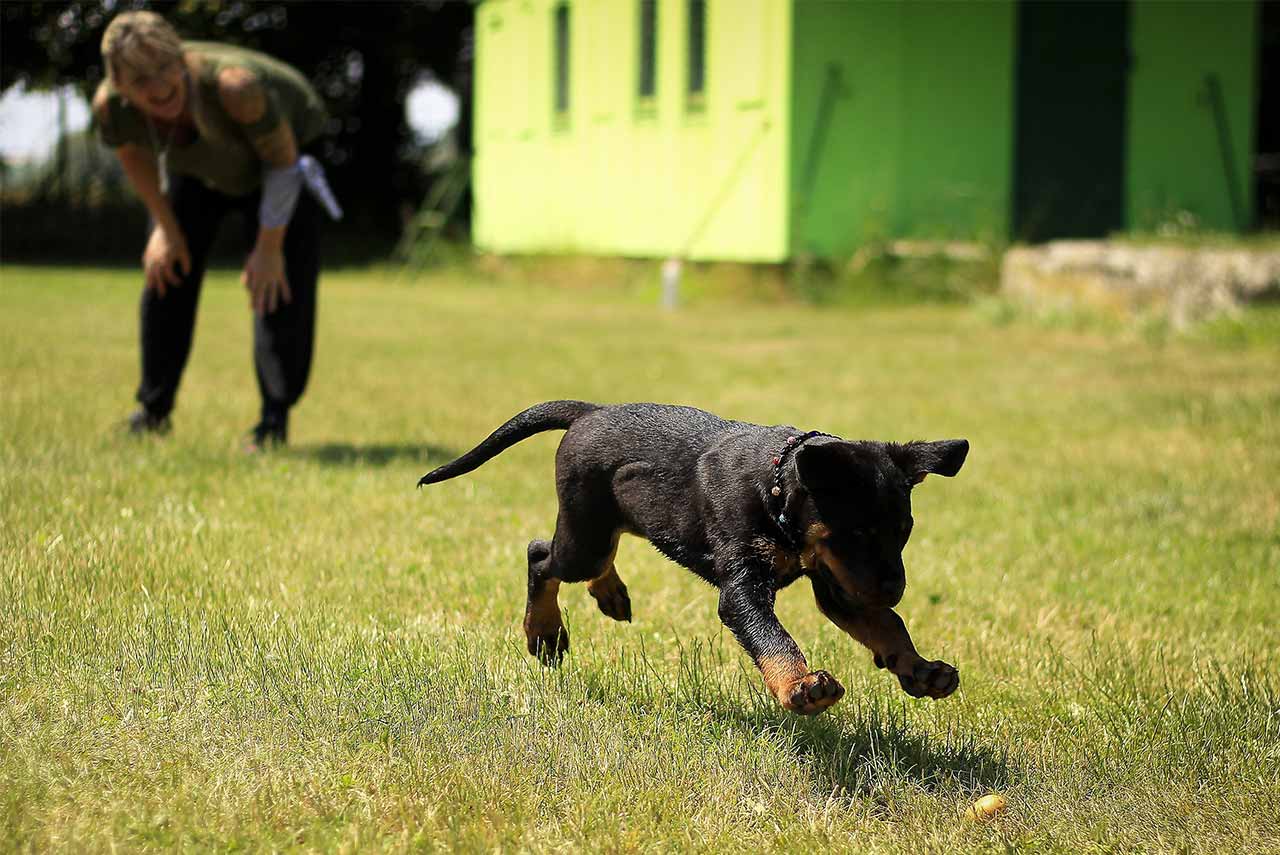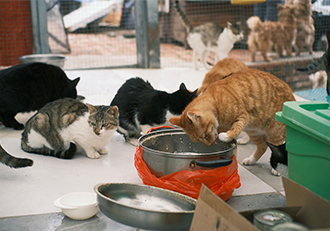The Ultimate Guide to Puppy Training: Tips and Tricks
Bringing home, a new puppy is always a rewarding endeavor. The joy of their little wagging tails, adorable paws and gentle barks is truly unmatched. However, as adorable as they might seem, puppies are quite mischievous with their antics too. They will chew on your headphones, or maybe break your favorite vase or hide the TV remote in our living room.
Now, this is where puppy training becomes important. Training is not only about being strict with your dog. It is also about developing a loving bond with them. While the idea of puppy training might sound daunting, it is not that hard. Your new fur ball is a ball of energy and is willing to learn everything eagerly.
Remember that every interaction you have with your pet teaches them something, so there can be no better trainer than your own self. All you have to do is trust your intuition and mold their behavior gently. This guide will help you with all the puppy training tips and tricks that you will need, so let’s get started!
Start Training Early
This is the basic starting point for puppy training. While you may find it adorable that your pup jumps up at you enthusiastically every time you come home, this behavior can become a nuisance when they grow up. Big dogs are heavy and can often be dangerous for guests coming into your house. Hence, it is always recommended to train them from day one. Refrain from encouraging bad behavior and do not reward them for it. In this way, your pet will learn the importance of puppy obedience from the start and will evolve into a well-behaved animal with time!
Ensure that your Puppy is Comfortable
When you bring a new pup into the house, chances are that they might be scared and overwhelmed. Before starting any training sessions, it is important to first take care of your pet’s comfort. Make sure that he is getting ample sleep. Do not start training when he is not in the mood for it.
Secondly, feeding the dog is also important. During training sessions, keep a stock of their favorite treats and toys with you. Puppy training involves the use of rewards and there is no better way than giving him puppy food or allowing some fun play time. We all need breaks and your dog is small, so take care not to overburden them.
Your training sessions should be in a distraction-free location. There should be no other dogs present so that your puppy can actually focus on you and your lessons. As the pup grows up, you can introduce distractions, but when you are starting off, keep it simple and low-key.
Potty Training
Potty training is the most important aspect of puppy obedience. While this process is hectic, it is surely worthwhile. It basically involves teaching pooping locations to the dog. Experts recommend getting your pup on a schedule. Make a solid plan revolving around their potty time. For instance, most animals need to poop after they have a nap or play session. Develop the habit of pooping early morning. Use positive reinforcement – when your pup poops successfully, reward him with half an hour of playtime. After playing, if your furry friend is sleeping in his crate, wake him up to poop again. This sequence of potty, play, sleep and potty again, will bring him on a schedule. Your puppy training regime can be a whole lot easier too!
Puppy Socialization
Socialization is very important for dogs. A puppy is energetic and it is the ideal time for him to make friends. Playdates and park strolls are the best ways to do this. Socialization helps a dog in adjusting to new environments. For instance, if a noisy dog is nearby, your pup should learn how to stay calm and poised. If you want a confident and well-behaved pet, start socializing as early as possible!
Teach Your Puppy Not To Bite
A dog bite is not a very pleasant endeavor. Puppies have sharp teeth and they are fond of biting. While they may do it lovingly, the habit can become dangerous as they grow up. You can use behavioral techniques to make your puppy stop biting. For instance, punish them by stopping playtime or locking them in the bathroom. You can also hand them a toy to chew on, until the habit wears off.
Teach Your Puppy to be Comfortable Alone
While socializing is important, your puppy should also know how to strive alone. When you leave for work, your pet must be happy and content. This happens with thorough training. When your fur ball is six months old, start practicing brief departures. During this time, the puppy will learn how to stay alone and behave. If you cannot go out of your house, move into another room for 3 to 4 hours, where he cannot see you. By doing this, you will create a confident and well-versed doggie!
Final Verdict
So, that was it _ your ultimate guide to puppy training. If you are planning to get a pup anytime soon, adhere to these golden tips and you will never be worried about your dog hurting himself or others. Puppies are inherently enthusiastic and naughty creatures. Strict and early training ensures that they grow up to become well-mannered and well-groomed dogs. Let’s be honest; no one likes a bad-mannered dog, no matter how much you dress him up. So, what are you waiting for? Pick up a notebook and start scheduling your puppy’s training regime today!



Leave a Reply